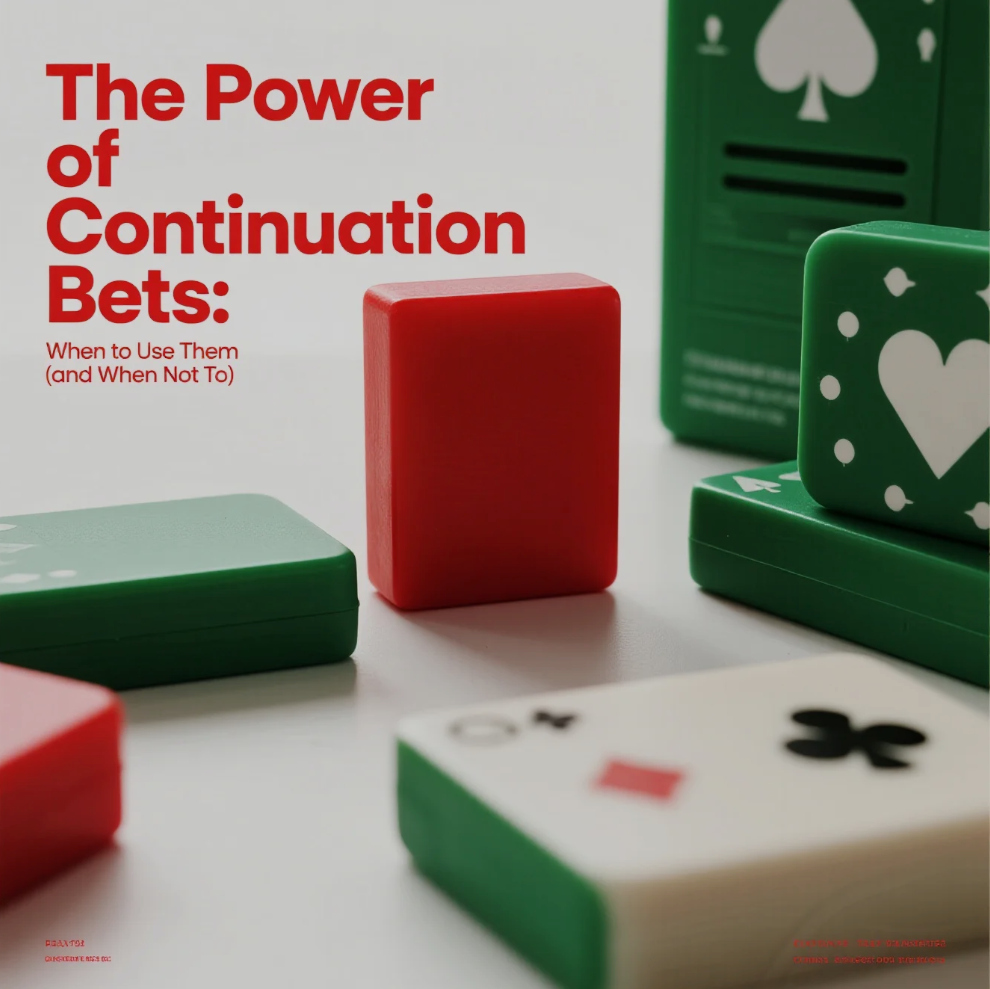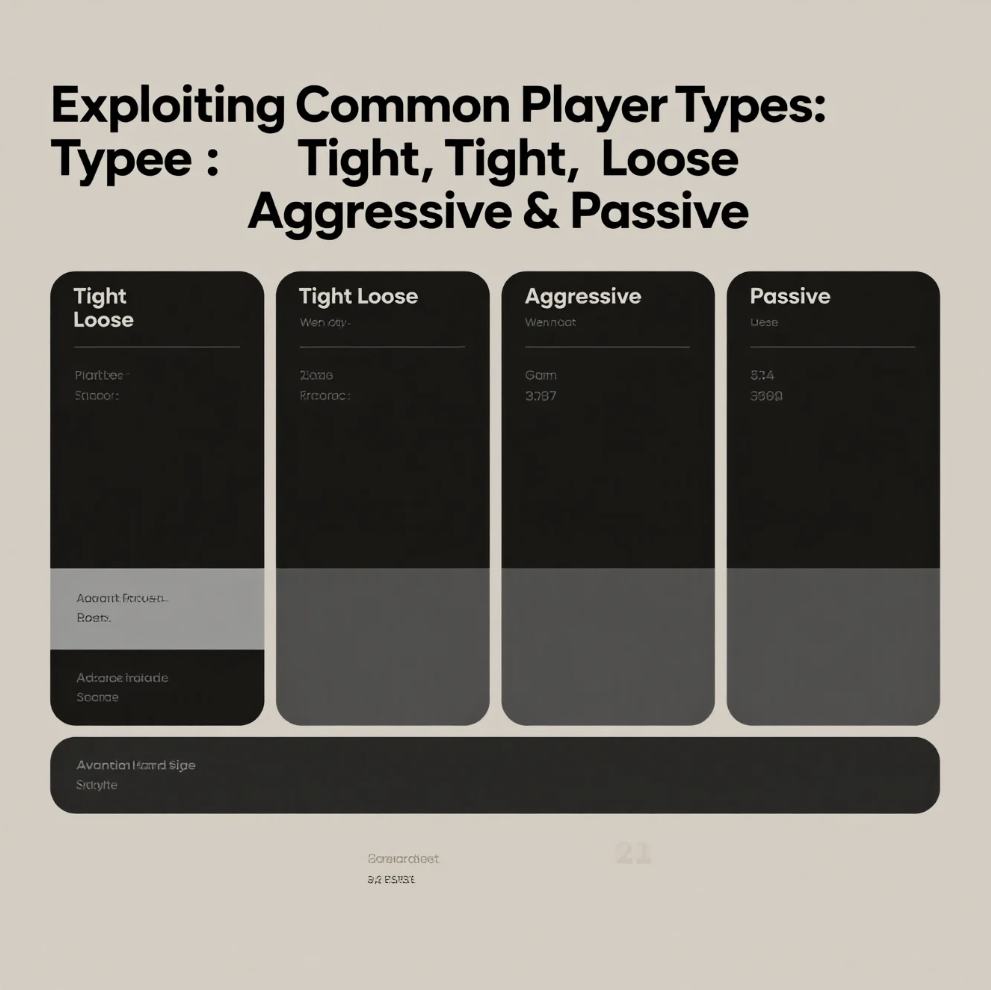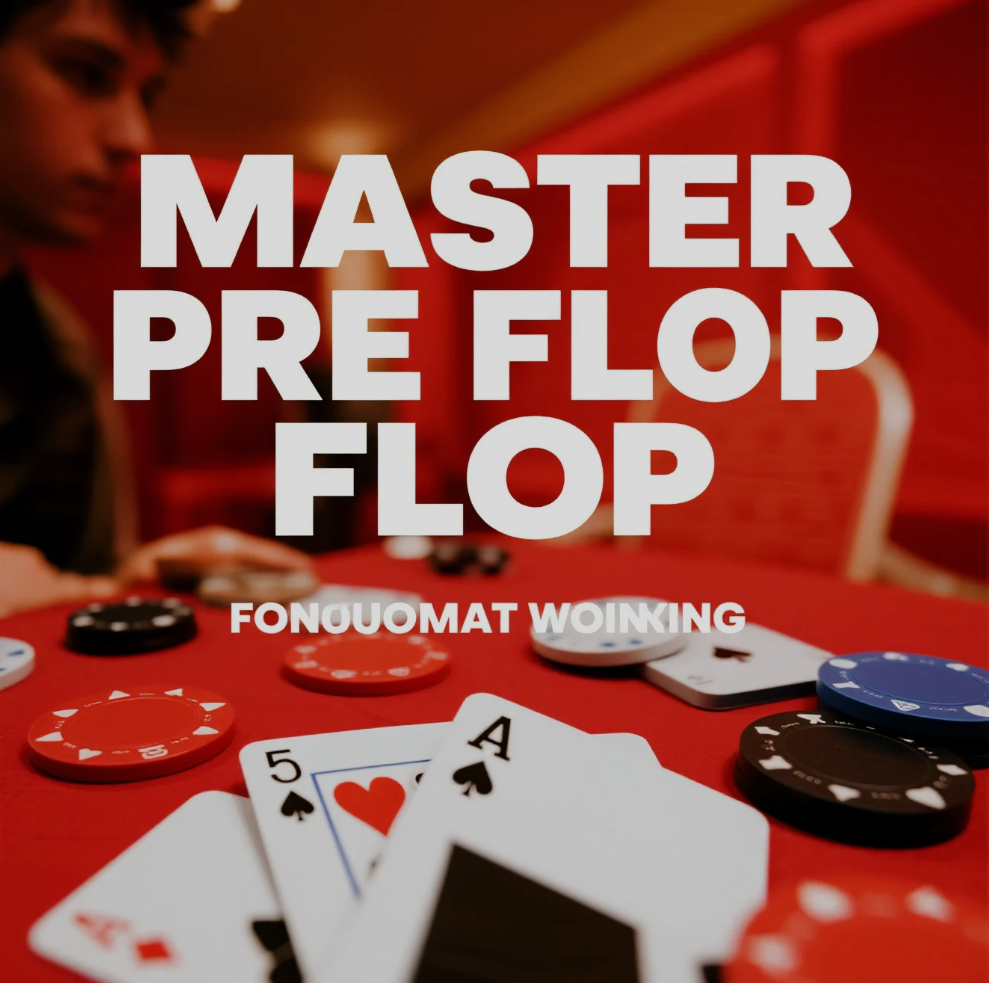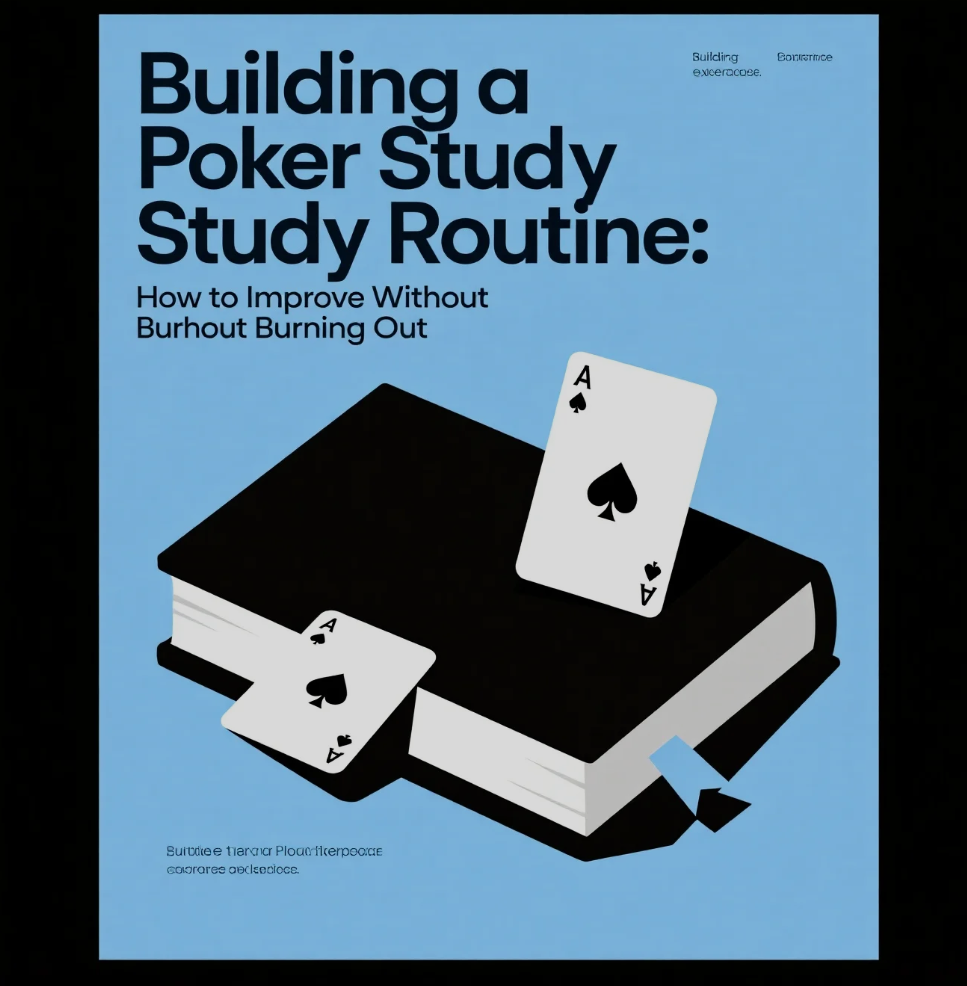The Power of Continuation Bets: When to Use Them (and When Not To)
In Texas Hold’em and other community card games, the continuation bet (or c-bet) is one of the most fundamental — and misunderstood — tools in a winning strategy. A continuation bet occurs when the pre-flop aggressor bets the flop, regardless of whether they improved their hand.
Used correctly, c-bets apply pressure, deny equity, and help players maintain control of the pot. Used incorrectly, they become predictable leaks that good opponents can easily exploit.
Understanding when to c-bet and when to slow down is essential for any player looking to improve post-flop performance.
1. What Is a Continuation Bet?
A continuation bet is a follow-up bet on the flop after raising pre-flop. The idea is simple:
You tell a story of strength pre-flop — and continue that story on the flop.
C-bets accomplish several strategic goals:
- Build the pot when you have a strong hand
- Force folds from weaker hands
- Maintain initiative in the betting
- Reduce your opponent’s ability to realize their equity
But the key is knowing when the story makes sense and when it does not.
2. When to Use Continuation Bets
A. When You Have Position
C-bets are more effective when acting last. Position gives you:
- More information
- More control
- Lower risk of getting check-raised
Top-level players c-bet far more frequently in position than out of it.
B. On Dry, Unconnected Flops
Good flops for c-betting include textures like:
- A-7-2 rainbow
- K-5-5
- Q-8-3 rainbow
These boards rarely hit your opponent’s calling range and allow you to win the pot with a small bet.
C. Against One Opponent
Multiway pots reduce c-bet effectiveness dramatically. With one caller, your fold equity remains high. With multiple callers, someone usually connects.
D. With Strong Hands and Good Draws
Continuation bets are essential with:
- Overpairs
- Top pair
- Strong draws (nut flush draws, open-enders)
- Combo draws
These hands benefit from building the pot and denying equity.
E. When You Have Range Advantage
If your pre-flop range contains more strong hands than your opponent’s, a c-bet applies maximum pressure.
For example, on an A-K-3 flop, the pre-flop raiser typically has more strong aces and broadways than the caller.
3. When NOT to Use Continuation Bets
A. On Wet, Connected Flops
Examples:
- J-T-9 with two suits
- 9-8-6
- Q-J-T
These boards smash the calling range of most opponents. C-betting here invites check-raises and puts you in difficult spots.
B. Against Calling Stations
Some players simply do not fold. Against them:
- Bluff c-bets lose value
- Thin value bets become better tools
If your opponent calls any piece of the board, then c-betting air is burning money.
C. Out of Position Without a Strong Hand
OOP c-bets require extreme caution. Without a solid hand or good draw, opponents will apply pressure and exploit you.
D. In Multiway Pots
Multiple players drastically reduce fold equity. Even if two opponents fold, the third one often has enough equity to continue.
E. When Your Hand Has Showdown Value
Hands like:
- Mid pairs
- Weak top pairs
- Ace-high vs passive players
Often perform better by checking back and realizing equity rather than turning them into bluffs.
4. Bet Sizing for Effective Continuation Bets
Smart sizing improves profitability:
- Dry flops: 25–33% pot
- Neutral flops: 50% pot
- Draw-heavy flops: Larger bets, 60–75% pot (with strong hands or strong draws)
Consistent, logical sizing patterns help protect your range and avoid predictability.
Conclusion
Continuation bets are powerful tools in a winning poker strategy — but only when used with intention and awareness. By evaluating board texture, your opponent’s tendencies, your position, and your hand strength, you can determine whether a c-bet will generate value or create unnecessary risk.
Mastering the balance of when to fire and when to check is what separates casual players from confident, long-term winners.









